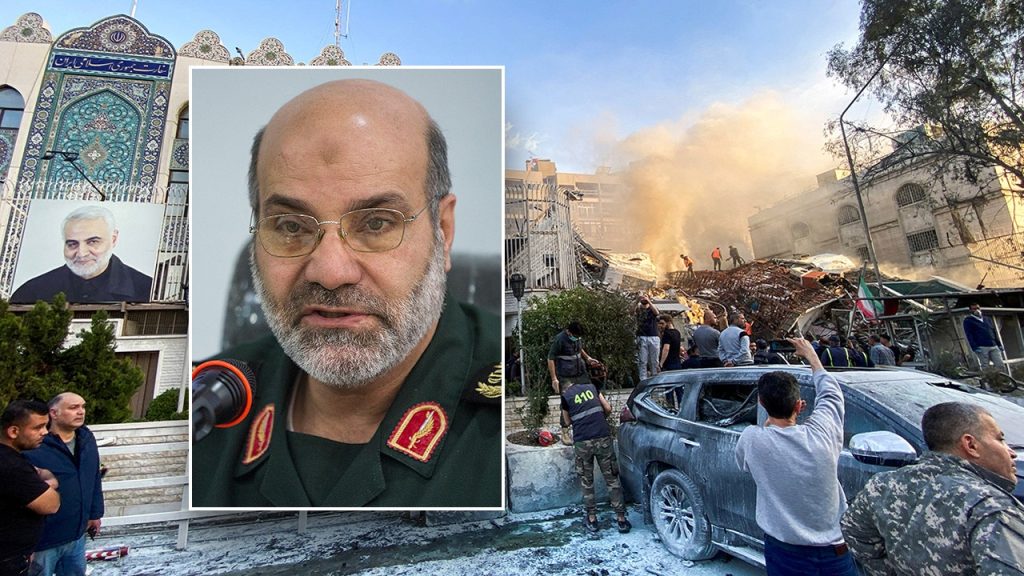Iran is not likely to directly respond against Israel but rather use proxies such as Hezbollah, the Houthis, and Iraqi and Syrian militias to carry out attacks. The recent killing of a senior IRGC commander in an apparent Israeli airstrike on the Iranian consulate in Damascus has heightened tensions between Iran and Israel. Israel has been stepping up strikes in Syria and targeting Iranian-backed groups in response to escalating conflict in the region. The strike on the Iranian consulate in Damascus was seen as a significant escalation by Israel against Iran, signaling a willingness to engage directly in conflict.
Yigal Carmon, a former adviser to Israeli prime ministers, believes that Iran’s Supreme Leader Khamenei will not respond to the Israeli escalation with an attack by Iran itself but will likely continue using proxies to target Israel. Israel’s recent actions aim to show Iran that it will not continue playing the proxy game and is ready to engage directly in a conflict. The strike in Damascus serves as a warning to Iran that Israel is prepared for a direct confrontation. This escalation underscores the fragile nature of the situation in the region and the potential for a broader conflict between the two countries.
Casey Babb, an expert on the region, noted that Israel’s strike in Damascus demonstrates the country’s significant military reach and ability to strike at its enemies across borders. The attack on the Iranian consulate will disrupt the IRGC’s operations and undermine the confidence of Iranian leadership and their proxies. This strike sends a message to Israel’s adversaries that no one is safe from its military reach and that the consequences of provoking Israel can be severe. The strike has left Iran feeling vulnerable and may prompt a reassessment of its strategy in dealing with Israel.
The United States expressed concern that the reported strike in Damascus could lead to increased conflict in the region and called for restraint. Iran has vowed a swift and harsh response to the apparent Israeli attack, but experts believe that Iran is unlikely to mount a significant response that could trigger a full-scale war with Israel. Iran and its proxies are aware of the potential consequences of engaging in a full-on military confrontation with Israel and are likely to opt for a calibrated response to the strike on the Iranian consulate.
Joe Truzman, a senior research analyst at the Foundation for Defense of Democracies, suggested that the targeting of high-ranking IRGC officers and the Iranian consulate in Damascus may prompt Iran to respond more forcefully than in the past. This shift in tactics could signal a new and potentially more dangerous phase in the conflict between Iran and Israel. The recent attack on Iranian personnel and facilities in Syria may lead to increased tensions and a heightened risk of further escalation between the two countries. The situation remains fluid, and the potential for a broader conflict in the region looms large.


